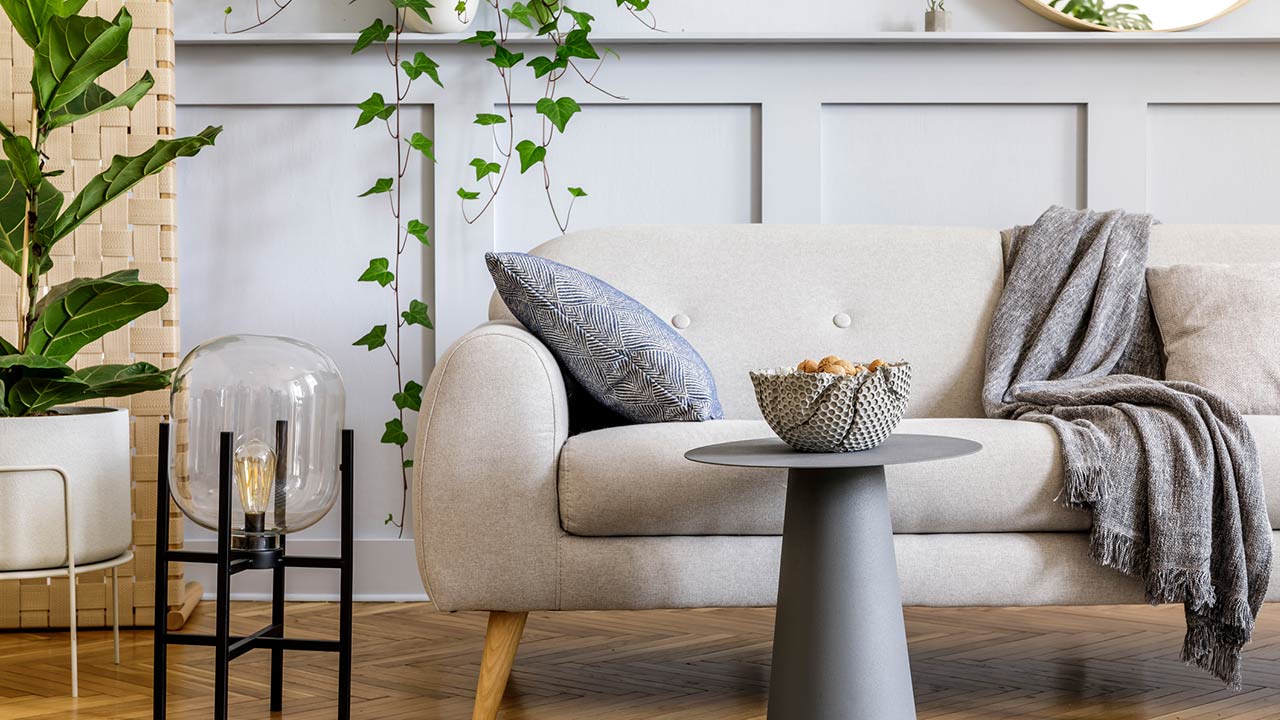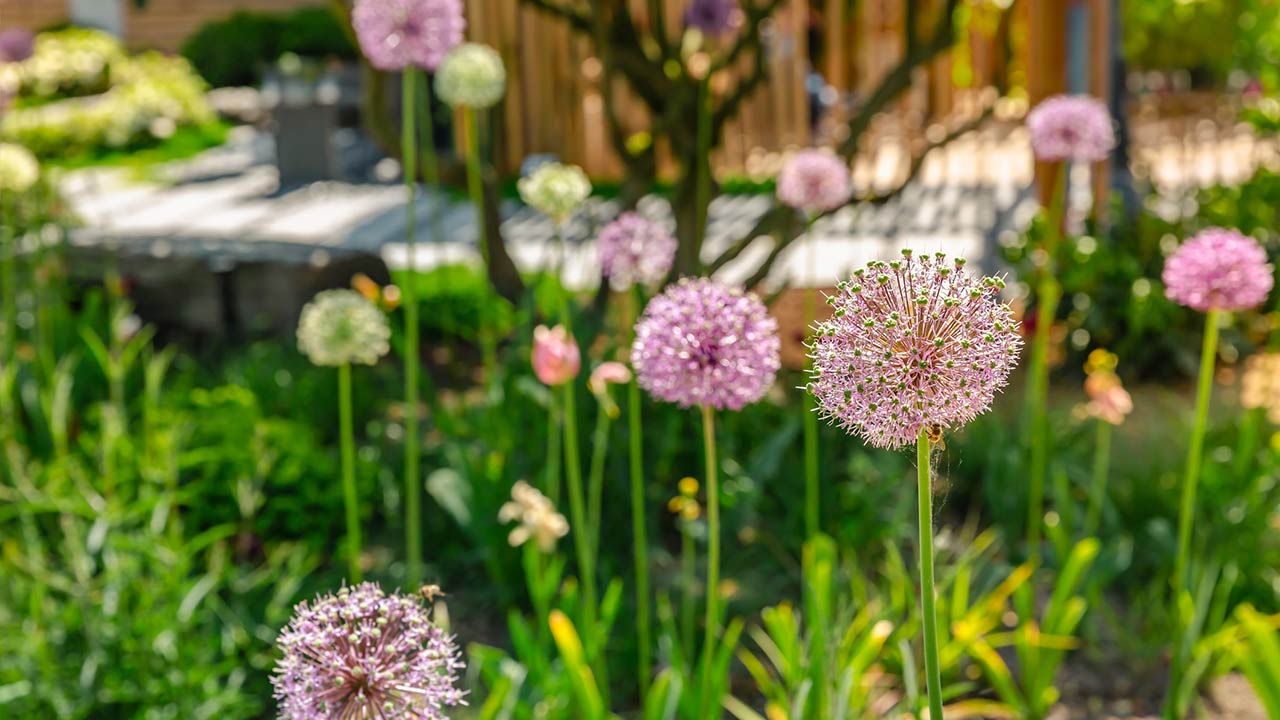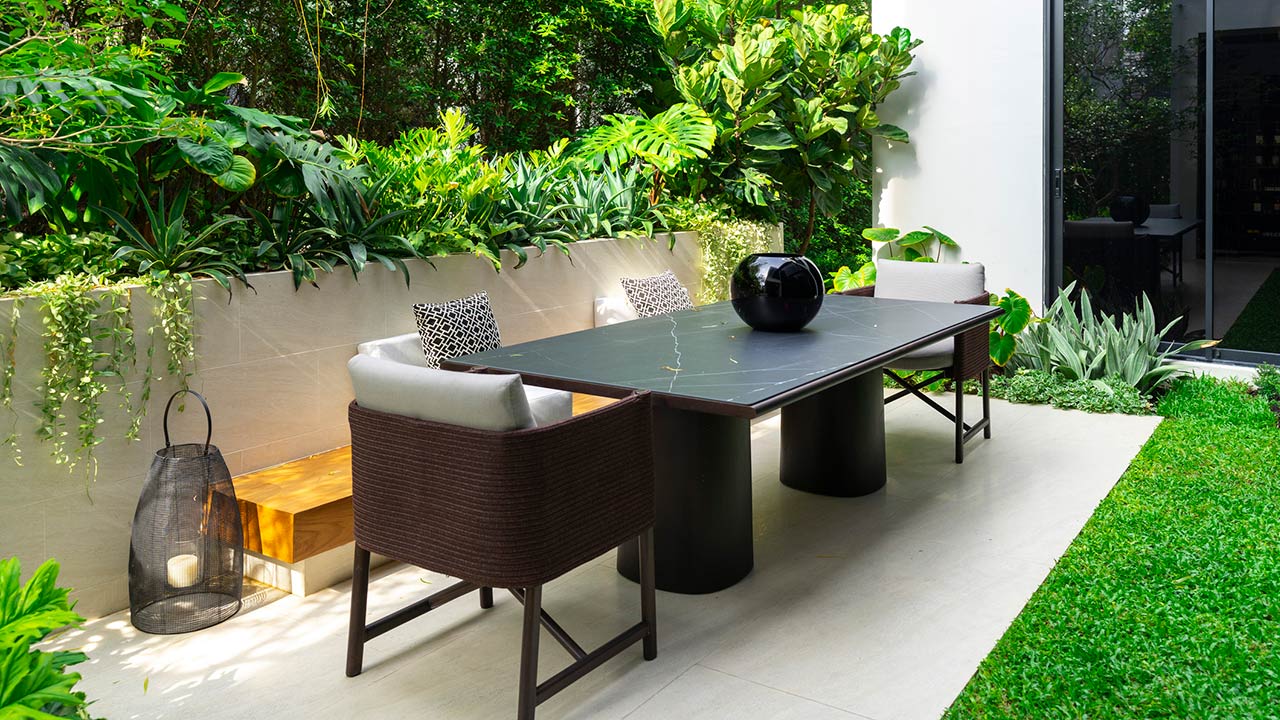Consider This: Sell Your Home or Rent it Out?
When it comes time to move into a new home, selling your current one seems like the obvious choice. Although in certain scenarios, keeping and renting it out might make more financial sense.
Consider these factors first before making the decision to sell your current home, or turning it into an investment property.
Will You Need the Profits From the Sale of Your Home to Move?
First of all, you need to make sure that you can financially pull off owning two properties. If you ned the equity from your current home to put towards the purchase of a new home, then obviously keeping and renting out your current property really isn’t an option.
On the other hand, if you don’t need all the equity in your house for a downpayment, you could refinance into an investor loan or take out a home equity loan to put towards a downpayment for your new home, and still make your current home a rental.
Think About the Long-Term Outlook of the Area
Consider what the value of your current home and neighborhood will be in the next five years. Where exactly is your home located? Is it in a neighborhood that’s likely increasing in value? Of course, it’s not always that simple to forecast what the neighborhood will look like a few years down the road. However, with the help of a real estate agent you can compare the rise and fall of home prices from the past three or four years to see if there’s a trend.
If the value of properties in the area are increasing, the property will most likely appreciate over time. However, if values seem to be stagnant, or you get wind of a highway or factory being built virtually in your backyard, odds are the neighborhood’s overall value won’t be on the uptick and it might not be worth hanging on to your current property if such is the case.
Consider the Current Market Conditions
Before deciding on whether or not to sell or rent out your current home, consider the current market conditions in your area. Try to find out what the demand is for rental properties like yours.
Your Realtor will be able to conduct a comparative market analysis to determine the value of proprieties in your area, and the average price that properties similar to yours are being rented at. If you determine that there is rental demand in your area, and the rental price is competitive, it might be worth toying with the idea of hanging on to your current home and turning it into an investment property.
Will the Rent You Collect be Enough to Cover the Mortgage?
After you’ve determined how much rent you could realistically collect from tenants, determine whether or not these funds will comfortably cover the mortgage and other expenses related to carrying and maintaining a rental property.
If you have enough expenses to offset the rent, you likely won’t have to pay tax on that income. Once you’ve paid off the mortgage on your rental property – or once you retire – you can turn around and sell the property and convert your home equity into a lump sum of cash. You even might want to just continue renting the place out and collect that income during your Golden years.
Determine the Likelihood of You Moving Back
There are a number of circumstances that might put you in a position where moving back would be highly likely. Maybe you’re being transferred to take on a temporary work assignment, or perhaps you’re moving to be closer to a family member who needs to be looked after for a certain amount of time. In these cases, you could realistically keep your current home and rent it out while you’re gone. Then it’ll be ready for you if/when you return.
You can rent your house for up to three years and not have to pay capital gains tax when you sell it. As long as you owned and lived in the home for two of the five years before selling it, you most likely won’t be subject to capital gains. This way you can temporarily turn your home into a rental property, and have the option to move back into it if you come back in the near future. In the meantime, you can collect rent and potentially avoid paying capital gains if you sell.
Obviously, keeping and renting out a home while buying a new one at the same time might not be the best choice for everyone. For the right candidates, it can be a fantastic way to invest in real estate and build up a financial retirement cushion. Discuss your options with an experienced real estate agent and see if keeping and renting your current home is right for you.












